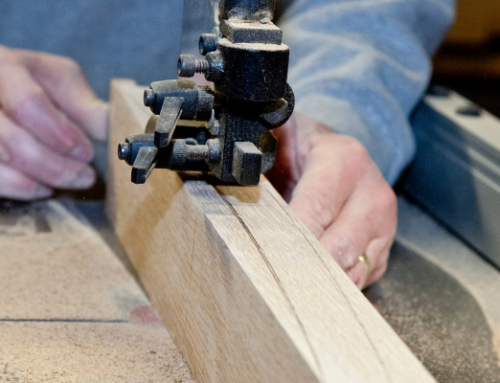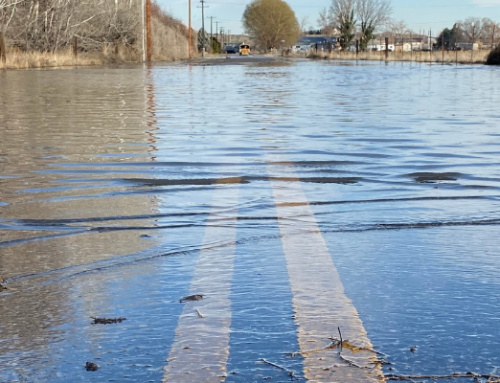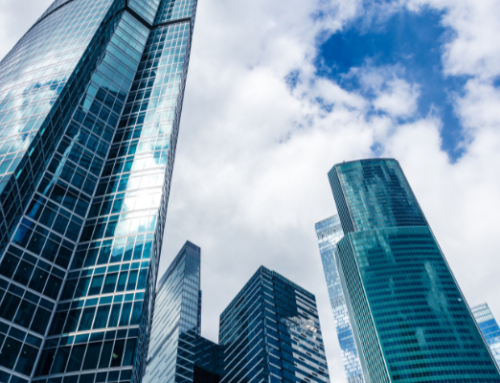Solar panels are an increasingly common feature on the roofs of buildings across the United Kingdom. According to Government figures, there were 10,000 new solar panel installations each month in the first six months of 2022.
Zurich have produced a guide to managing solar panel risks which includes information to consider pre-installation, during operation and for ongoing maintenance.
This article summarises 10 things to consider if you are planning to install solar panels on the roof of your community buildings, and you can download the solar panel guide for full details here.
- Understanding the key risks and hazards
Your priority should be to develop a clear understanding of the risks posed by installing photovoltaic (PV) Solar Panels, so that these can be appropriately managed.
From fire damage to leaking roofs, solar panel installations come with their fair share of challenges.
- Is your roof suitable for Solar panels?
Prior to installation, it is important to assess the roof’s age, load-bearing capacity and the combustibility of the roof material (and any insulation). A Freedom of Information request made last year has found a 12% increase in fires sparked by solar panels last year, compared to 2020.
Where PV panels are to be installed on an existing roof, consideration should be given to the extra weight they will add. If you are planning to install panels on a new roof as part of a new build or reinstatement, it is important to be aware of the different risk implications of different roof types (e.g. flat vs pitched).
In general terms, solar panels should not be installed on combustible roofs unless some form of fire protection can be installed between the panels and the roof e.g. concrete panels or pebble ballast.
- Location of solar panels
While it is important that panels are located where they will receive maximum sunlight for efficiency reasons, their location also needs to be carefully considered for safety purposes. Any shading that reduces the panels’ exposure to sunlight will reduce the overall output of the system. In extreme cases, it can result in current backflow – which can lead to overheating and fire.
- Panel quality and durability
To ensure they operate efficiently and safely in a variety of weather conditions – and to minimise risks such as electrical failure – PV panel systems should conform to the relevant technical standards.
- Choice of panel fixing system
If not securely attached to the roof structure, panels can become detached, fall off or be torn away in strong winds, presenting a serious risk of injury and damage to the roof structure.
The choice of fixing system is important and should consider expected weather-related conditions in the local area, durability, maintenance and lifecycle (which should exceed the panels themselves).
- Roof access for inspection and maintenance
To ensure all panels and associated PV system equipment remain in good condition and free from hazards, it is essential to ensure there is safe and relatively straightforward access to the entire PV system.
This includes ensuring there is sufficient roof space free of panels to allow for inspections/examinations (of roof, roof features and panel), maintenance operations and cleaning, as well as for the any equipment required to carry out such activity.
- Panel maintenance and inspection requirements
Maintenance should only be undertaken in accordance with the manufacturers’ and installers’ instructions and by those who are familiar with the form of installation and the appropriate forms of access equipment.
Electrical inspection and testing must only be conducted by qualified electrical contractors.
- Who should install solar panels?
Contractors involved with PV system design and installation should be accredited to an appropriate national trade body with mandatory guidelines covering training, and design, installation and testing/quality standards.
- Handover process
Your contractor should ensure that as the building owner or occupier, you have received sufficient training and guidance on the operational risks and safety features of your solar panel system. You should also ensure you have received comprehensive documentation that includes details of recommended inspection and maintenance requirements.
- Avoiding problems further down the line
Owners/occupiers should be aware that many of the problems that can occur within a roof-mounted PV panel system. It is important that risks are carefully assessed at the outset, and that appropriate measures are taken during the design and installation stages to minimise as far as is practicable the need for remedial action
We are here to help
If you are concerned about how this affects you and your business and would like support in assessing your needs, we are here to help. Please do get in touch for confidential advice and guidance.
This article was adapted from an article by Zurich which can be found here.





